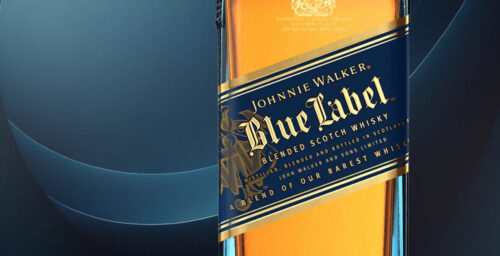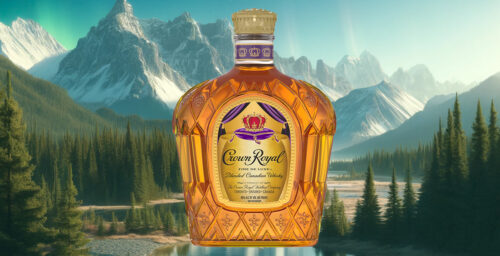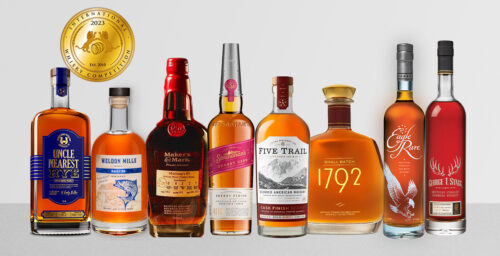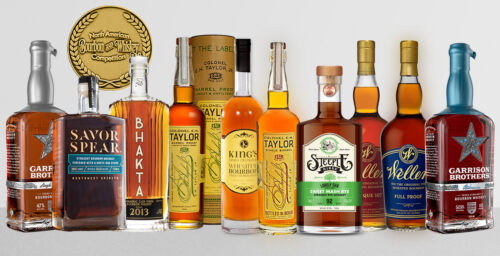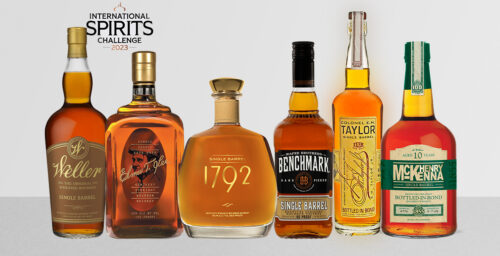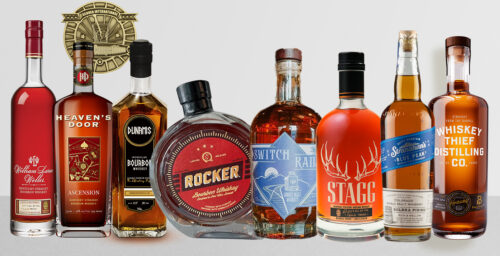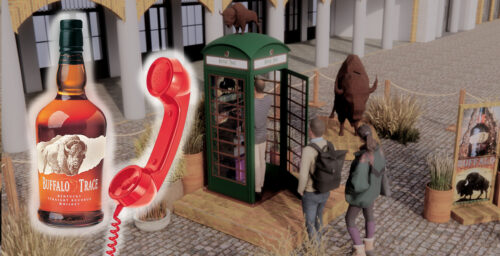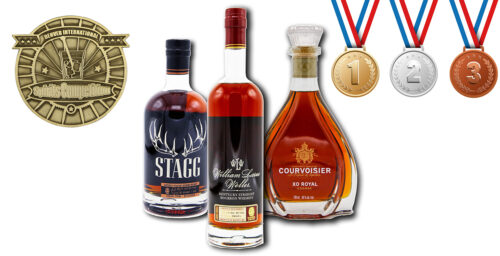Editor’s Note: This guest column comes to us courtesy of whiskey educator and social media influencer Sarah Jeltema, also known as Whisky Nomad.
Imagine being at your local whiskey bar, surrounded by the enticing aroma of rich mahogany and a carefully curated collection of backlit whiskey bottles. You find yourself pondering over the vast selection of sipping options, from Frey Ranch to the latest Laphroaig Cairdeas. As you approach the bar, you notice a man next to you examining a whiskey label curiously. What’s your immediate response?
Would you A) Strike up a conversation by asking about their chosen bottle or B) Start explaining what Scotch is to them?
If option B seems somewhat brash, that’s because it is. It assumes a certain lack of whiskey knowledge on their part. Now, let’s alter the scenario slightly—imagine the person at the bar is a woman. Does option B suddenly feel acceptable, perhaps even kind?
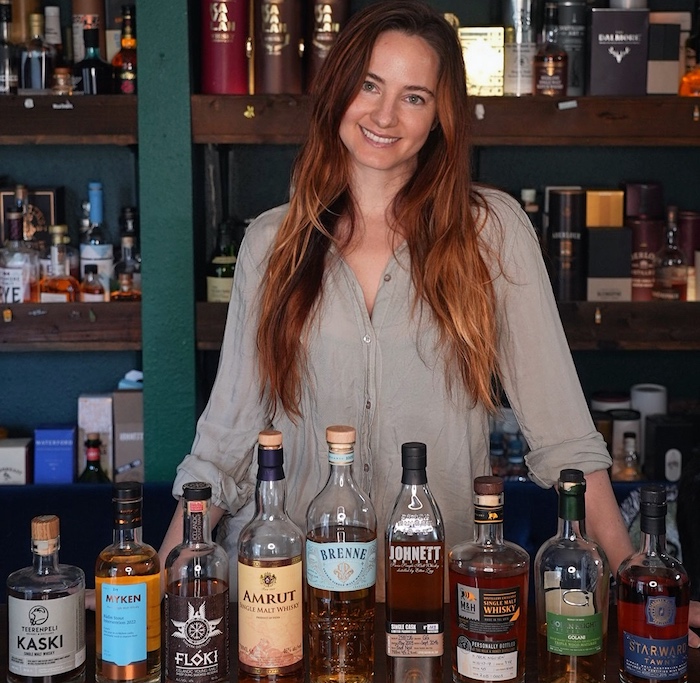
In my personal experience as a female whiskey drinker with over a decade of teaching and 107k followers on Instagram, I have encountered many situations like this. On one occasion, a man approached me, pointing at a bottle I held with a smile, and proudly declared, “That’s a scotch,” indicating the words “single malt” on the label.
At that moment, two reactions came to mind. One, I could politely smile and acknowledge his attempt to help, even if I already knew the whisky. Or two, I could cut him down a notch and assert my knowledge by explaining that it not only was a scotch but it had been aged exclusively in sherry casks for 21 years at a distillery known for its slow distillation process, resulting in captivating fruity esters. That day I chose violence—a decision I regretted. My overreaction deprived me of an opportunity to connect, as I mistakenly assumed his intentions and his own whisky knowledge, which ended up being far greater than mine.
Interestingly, we became good friends and still laugh about that awkward encounter to this day.
So, why did I react that way, and why did he feel compelled to educate me about whiskey? We both fell victim to stereotypes that manifested that night. My response stemmed from years of being an influencer, receiving daily unsolicited crude photos and constant messages insisting I was wrong even when I was right. This created a bias, leading me to perceive any man approaching me at a whiskey bar as having negative intentions—to belittle me—prompting me to prove myself and frequently putting me on the defensive.
As it turns out, women can stereotype just as much as men. It’s a natural human tendency. So, how do we break free from stereotyping women as less knowledgeable about whiskey and men as persistent mansplainers with ill intentions?
A stereotype is a belief that certain traits are disproportionately possessed by members of a particular social group. Categorization is a common cognitive process, where we spontaneously sort individuals based on their gender, race, and more, subsequently attaching feelings and stereotypes to those categories. Human brains are very efficient at categorizing, which is useful in a lot of instances but can sometimes have unintended negative consequences.
How can we address this issue within the whiskey community?
Whiskey has historically been associated with social status. In the 18th and 19th centuries, Scotch whisky symbolized prestige, enjoyed by the aristocracy and upper classes of Europe. It represented sophistication and refinement, with the consumption of fine Scotch whiskies considered a marker of distinction. Additionally, whiskey has long been linked to gender roles, often perceived as a masculine drink associated with qualities such as strength, ruggedness, and independence.
However, in recent years, there has been a gradual shift towards challenging these gender norms. More women are now embracing and appreciating whiskey, defying stereotypes, and redefining societal expectations. As a result, the whiskey industry has evolved into an 88 billion-dollar global market, becoming an iconic luxury item and a cherished gift for special occasions like weddings, birthdays, and graduations. The choice of the whiskey itself has come to signify the importance of these events, whether it’s receiving a bottle of rare scotch on your wedding day or toasting with a glass of Pappy on your birthday.
Consequently, whiskey becomes a status symbol, with knowledge and ownership serving as bragging rights. We, humans, have a psychological tendency to associate a higher price with better quality, often using emotional justifications to exaggerate the positive qualities and justify the purchase. Many people seek whiskey to experience a particular feeling, such as a sense of accomplishment or acceptance from others. Not you, of course, and not me with my 450 whiskey bottles (why did I feel the need to quote the number), but you know…the other guys.
To combat these inclinations, we must be willing to let go of preconceived notions and open ourselves to different perspectives. Instead of dividing people into men versus women, perhaps we can categorize everyone as whiskey drinkers versus non-whiskey drinkers. Better yet, whiskey drinkers versus vodka drinkers. By doing so, we may find ourselves connecting with an entire room full of individuals who share a deep appreciation and love for whiskey—a spirit that brings people together.

